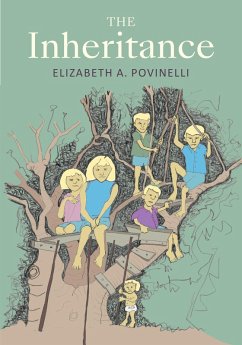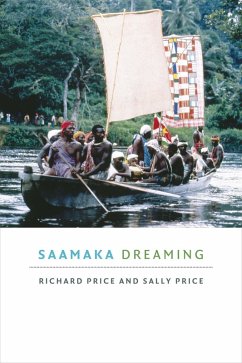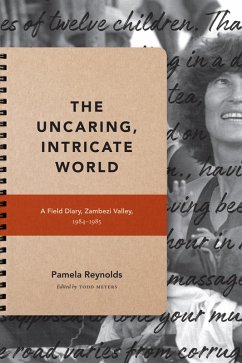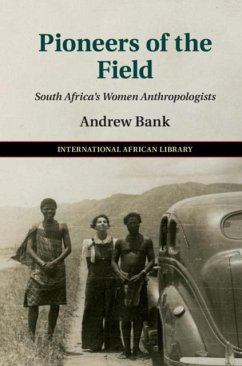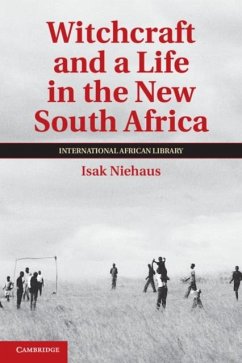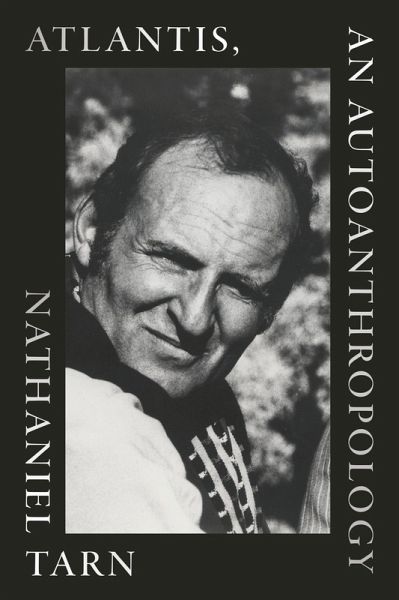
Atlantis, an Autoanthropology (eBook, PDF)
Versandkostenfrei!
Sofort per Download lieferbar
144,95 €
inkl. MwSt.
Weitere Ausgaben:

PAYBACK Punkte
72 °P sammeln!
Over the course of his long career, Nathaniel Tarn has been a poet, anthropologist, and book editor, while his travels have taken him into every continent. Born in France, raised in England, and earning a Ph.D. from the University of Chicago, he knew Andre Breton, Salvador Dali, Marcel Duchamp, Margot Fonteyn, Charles Olson, Claude Levi-Strauss, and many more of the twentieth century's major artists and intellectuals. In Atlantis, an Autoanthropology he writes that he has "e;never (yet) been able to experience the sensation of being only one person."e; Throughout this literary memoir a...
Over the course of his long career, Nathaniel Tarn has been a poet, anthropologist, and book editor, while his travels have taken him into every continent. Born in France, raised in England, and earning a Ph.D. from the University of Chicago, he knew Andre Breton, Salvador Dali, Marcel Duchamp, Margot Fonteyn, Charles Olson, Claude Levi-Strauss, and many more of the twentieth century's major artists and intellectuals. In Atlantis, an Autoanthropology he writes that he has "e;never (yet) been able to experience the sensation of being only one person."e; Throughout this literary memoir and autoethnography, Tarn captures this multiplicity and reaches for the uncertainties of a life lived in a dizzying array of times, cultures, and environments. Drawing on his practice as an anthropologist, he takes himself as a subject of study, examining the shape of a life devoted to the study of the whole of human culture. Atlantis, an Autoanthropology prompts us to consider our own multiple selves and the mysteries contained within.
Dieser Download kann aus rechtlichen Gründen nur mit Rechnungsadresse in A, B, BG, CY, CZ, D, DK, EW, E, FIN, F, GR, HR, H, IRL, I, LT, L, LR, M, NL, PL, P, R, S, SLO, SK ausgeliefert werden.




